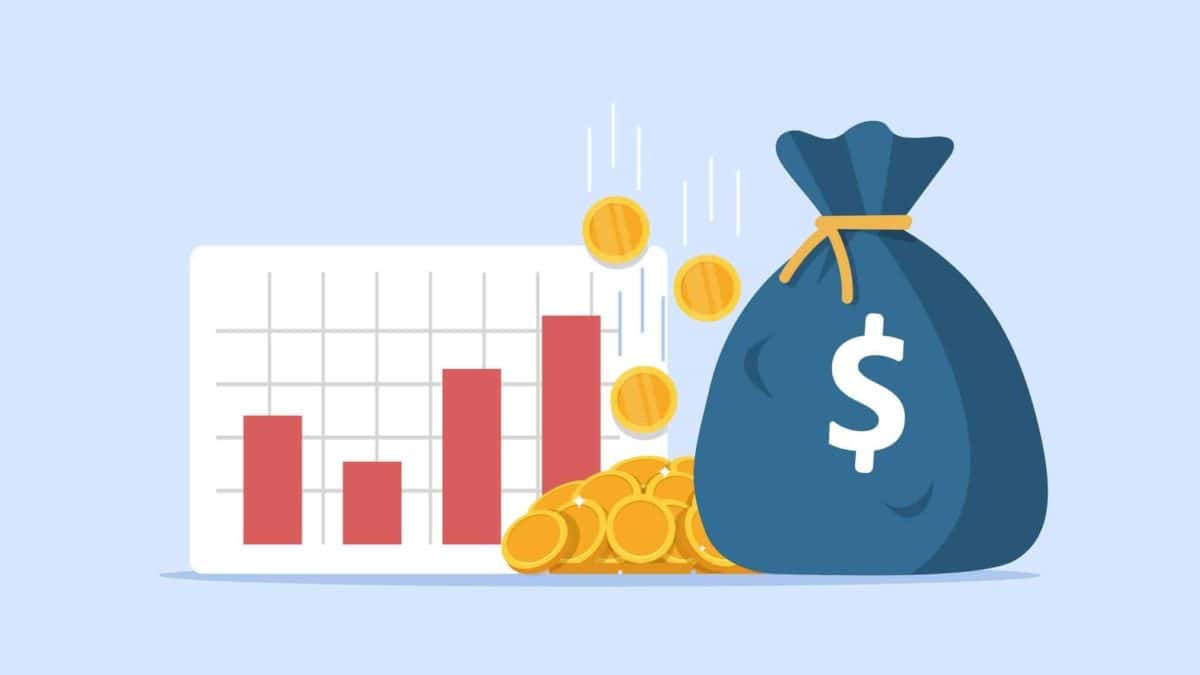A couple of key figures at Goldman Sachs have shared their thoughts about inflation and interest rates. What could this mean for the ASX share market?
Josh Schiffrin, the global co-head of US and global interest rate products, and Brian Friedman, the global head of market strategies, has tried to shed some light about what's going on.
What caused the market volatility in recent times?
Mr Schiffrin said that the recent volatility is down to the market looking at what the world will look like with COVID-19 vaccinations being rolled out and COVID-19 cases dropping.
He said that it's no longer just about a reflation trade, but it's now about the fact that the economy is recovering sooner than expected and what that means for growth and other knock-on effects.
Mr Friedman said that a lot of investor attention is now on central banks and what they will do in response to what's happening. That change in thinking, combined with the stronger economy, will affect what assets investors want to buy.
What does that mean?
Mr Friedman said:
The future period of stronger growth and allowing for higher inflation calls for the market to be long real assets—equities, commodities and real estate—all of which have unlimited upside to growth instead of nominal assets. And as the economy and asset prices start to reflate, we expect to see higher volatility given the procyclical nature of Fed policy, and higher economic volatility emanating from enormous pent-up demand due to the pandemic and historically large fiscal packages.
He went on to say that as long as the 5-year US Treasury point of the yield curve is under control as break-even rates move higher, then that's a large indication that the US Federal Reserve is staying dovish while growth prospects improve.
In Mr Friedman's opinion, it is difficult to be negative about 'risk' assets if the economy's growth is getting better and the Fed is remaining dovish. He is currently watching for news of infrastructure spending in the US.
What are some things to watch over the next couple of years for the US (and ASX) share market?
Mr Schiffrin said that Goldman Sachs is expecting that slow its bond buying in 2022 and finish by the end of 2022 or early 2023. After that, Goldman Sachs thinks that the Fed may start increasing the interest rate by 0.25% per quarter, probably starting in early 2024.
Mr Friedman thinks that the Fed wants to get the unemployment rate down and it won't increase interest rates unless inflation becomes too high.
Interest rate sensitive ASX shares
There are lots of interest rate sensitive ASX shares that investors may keep their eyes on such as Macquarie Group Ltd (ASX: MQG) and Computershare Ltd (ASX: CPU).
Other businesses, like big banks, could also react to changing interest rates like Commonwealth Bank of Australia (ASX: CBA), Westpac Banking Corp (ASX: WBC), Australia and New Zealand Banking Group (ASX: ANZ) and National Australia Bank Ltd (ASX: NAB).









